Acetylcholine
Overview
Acetylcholine (ACh) is an organic compound that functions in both the peripheral nervous system (PNS) and central nervous system (CNS) as a neurotransmitter. It is a chemical messenger that plays a crucial role in transmitting signals across the synaptic cleft between neurons.
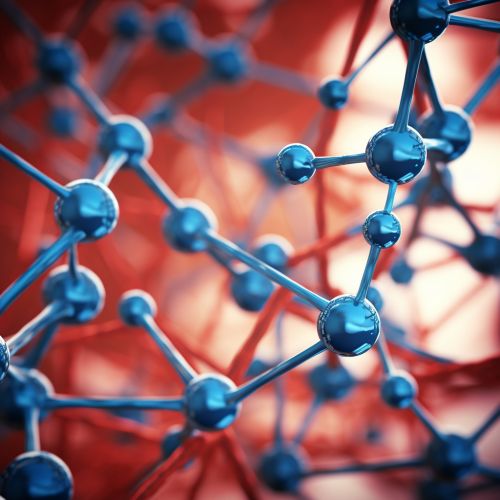
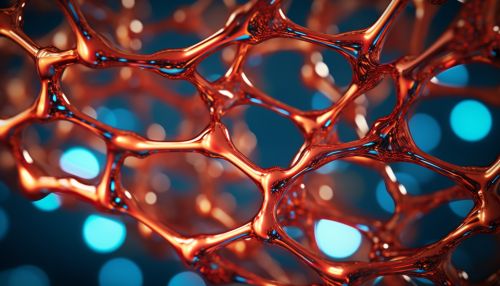
Structure and Synthesis
Acetylcholine is a simple molecule synthesized from choline and acetyl coenzyme A in a reaction catalyzed by the enzyme choline acetyltransferase. The structure of acetylcholine consists of an acetyl group and a choline moiety, linked by an ester bond.
Function
Acetylcholine serves a number of functions in the nervous system. In the peripheral nervous system, it activates muscles and is a major neurotransmitter in the autonomic nervous system. In the central nervous system, acetylcholine plays a role in arousal, attention, memory, and motivation.
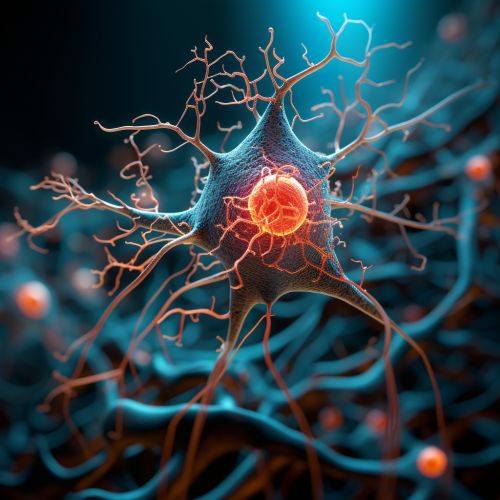
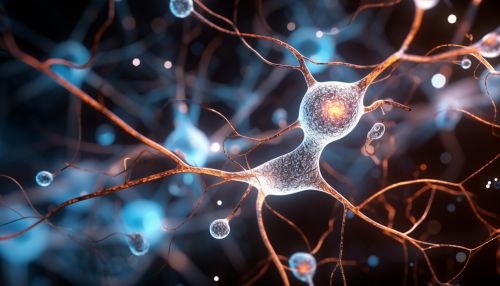
Role in the Peripheral Nervous System
In the peripheral nervous system, acetylcholine is involved in the activation of muscles. It is released at the neuromuscular junction and binds to nicotinic receptors on the muscle fiber, causing the muscle to contract.
Role in the Central Nervous System
In the central nervous system, acetylcholine is involved in a variety of cognitive functions. It plays a role in arousal, attention, learning, memory, and motivation.
Acetylcholine in Disease
Abnormal levels of acetylcholine can lead to a variety of diseases. For example, decreased levels of acetylcholine are associated with Alzheimer's disease, while increased levels can lead to excessive muscle contraction, as seen in certain types of epilepsy.
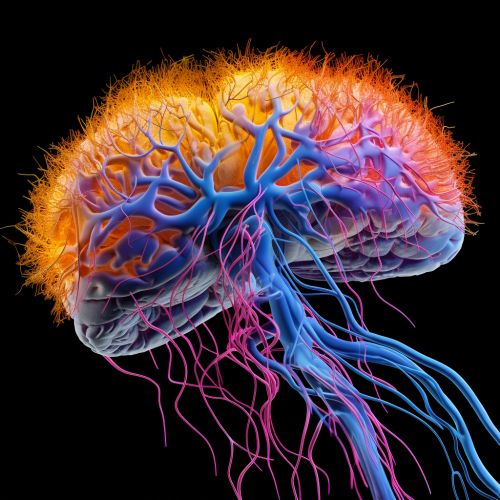
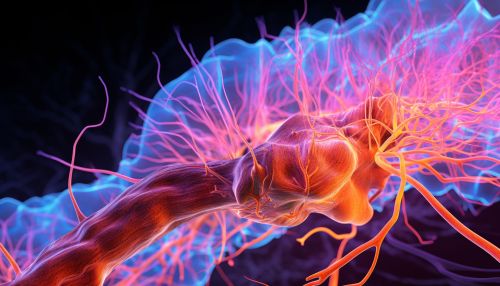
Pharmacology
Acetylcholine's role in the body has made it a target for a number of drugs. These drugs can either increase or decrease the action of acetylcholine in the body, and are used to treat a variety of conditions, from Alzheimer's disease to myasthenia gravis.
